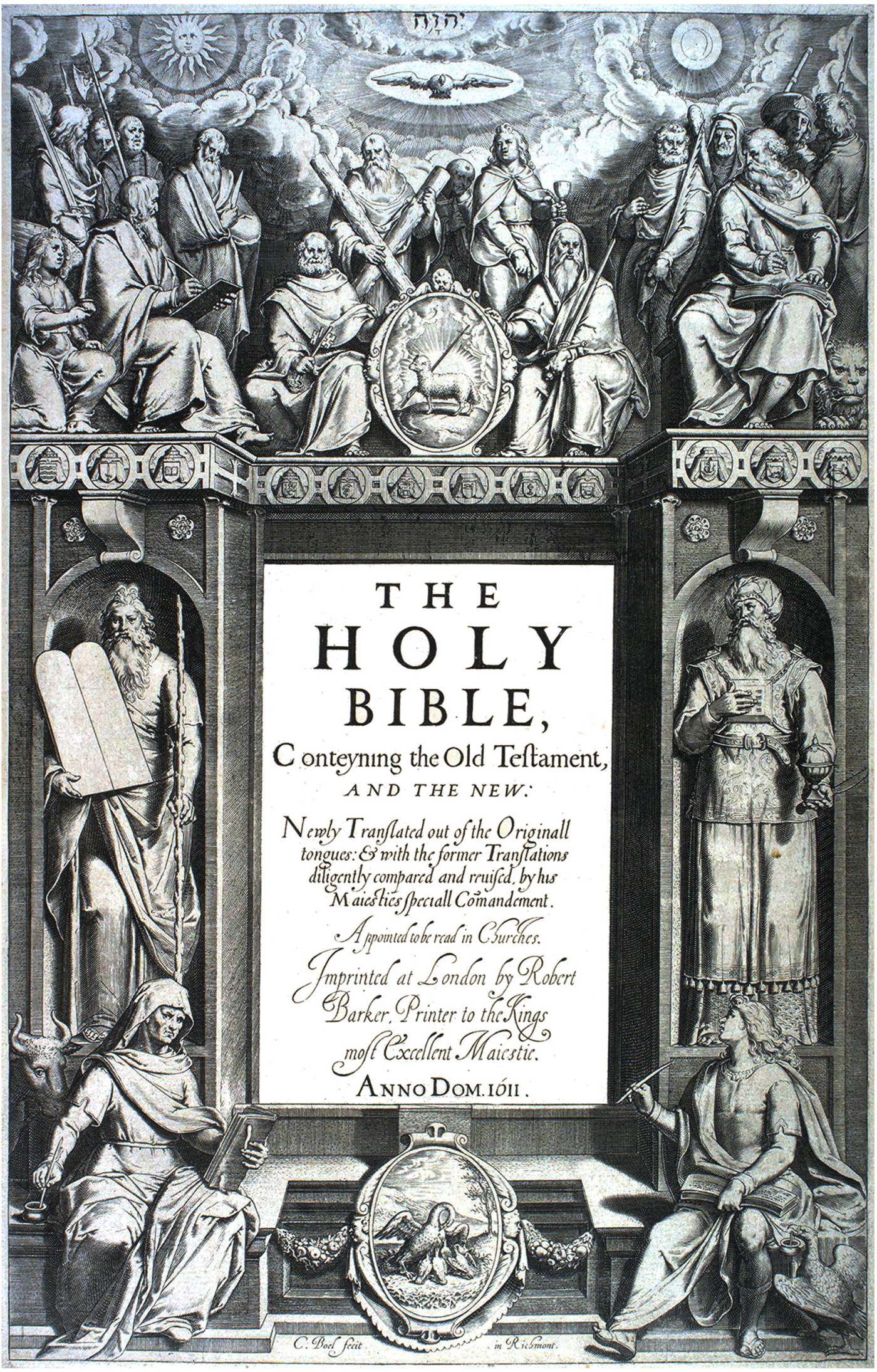Colossians 3.12-17, Ps 119.9-16, Matthew 24.30-35
(For this sermon I invite you to have with you a copy of the Bible. If it was given to you, remember the person who gave it to you. If you bought it yourself, try to remember why you first wanted to pick up the Bible, where did you start (Old or New Testament). What part of the Bible has had the most impact on your life? Why does the Bible matter to you?)
In the name of the Father, and of the Son and of the Holy Spirit. Amen.
What is the Bible? If you’re holding one in your hands, your first thought might be ‘it’s a book’.
That’s true, but also not really the whole truth. Initially the Hebrew Bible would, and in Synagogues still can be found in the form of scrolls. A large proportion of the New Testaments is made up of letters. So really the Bible is a library – it’s full of different genres (law, history, poetry, letters and so on).
If you open your Bible and look down the index, some of you will have books that don’t appear in other versions of the Bible. If your Bible includes Baruch, Maccabees, Judith and Tobit then your version includes the apocrypha – texts that the Roman Catholic and Orthodox Church have broadly speaking regarded as equally authoritative as the rest of the Bible, whereas Protestant Churches have tended to omit them. It was St Jerome back in the 5th century who sort of fixed what was included, but even then St Augustine disagreed with him – so no change there then!
Okay, its a semi-fixed library, but what it is the Bible?
I’ve heard it called Basic Instructions Before Leaving Earth. But is it just an instruction manual? There are definitely commandments – the Ten Commandments, the great Commandments to love God and our neighbour, and so on. And yet when Jesus was teaching and preaching he didn’t simply give us a clear set of rules. Wouldn’t that have been easier?
What did he use instead? Parables.
And that gives us an insight into what the Bible is. It’s a story. It’s part of God’s story, the part where he interacts with creation, with the chosen people of Israel and then the Early Church. It’s a story of salvation, where the goal is union with God. Yes, there’s battles and politics and law, but above all this is a story of God’s love and relationship with us. It’s our family tree.
In which case, who wrote it?
Well, unless you’re holding a Hebrew and Greek Bible, you’re also holding a translation, and well worth remembering that different translations will present some things the same but some things differently. So the skill of the translator is definitely in play here. But the core text? The Bible is the inspired word of God, God-breathed, through the visions and thoughts of man, reflected and debated and chosen by the Church given to us to learn and reflect upon. And as it says in Colossians, “Let the word of Christ dwell in you richly”; the Bible is not simply to be read, it is to be lived.
This is why week by week in Church we read and hear this complex, rich and diverse body of literature, and respond by saying ‘This is the word of the Lord’ (even when it is tricky and we’re not convinced we agree with it. And note the significance that we say ‘This is (not was) the word of the Lord.’ The Bible is much more than a historical record of the story of salvation. Through the power of the Holy Spirit it is today the primary means by which God works in and through his people to redeem and sanctify them. That’s why God’s words will never pass away (Mt 24.35).
And with that in mind, if you’re holding your Bible, I invite you to ask God to bless our endeavours to be immersed in and enlivened by His holy word.
Almighty God, who has sent your Son into the world as the Word made flesh, grant that we may read and meditate upon your holy word as we see it in the scriptures. Enlighten our minds, warm our hearts to believe what you have spoken, and grant us an ever deeper love of you and your commandments, through your Word, Jesus Christ our Lord.
Amen.
(Artwork: The frontispiece from the First Edition of the King James Bible, 1611 by Cornelius Boel)

Leave a comment